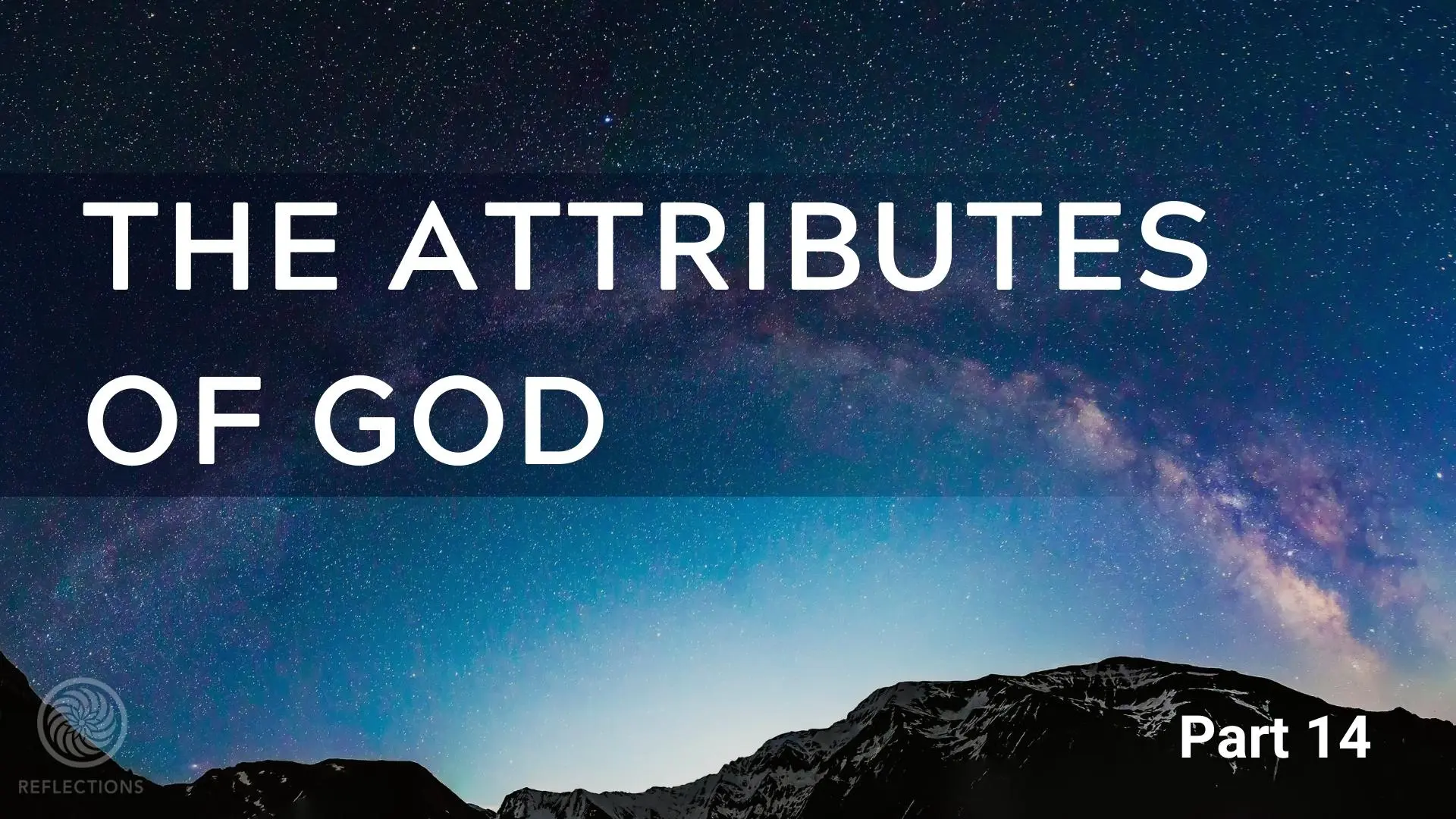The Bible tells us that “God is love” (1 John 4:16). When God loves, He is simply being Himself, and this goes for all His other attributes as well (such as His goodness and justice). Because God is eternal, His love has no beginning and no end. Because He is unchangeable, God’s love is unchangeable. Because He is infinite, His love is likewise infinite.
God’s Love
But what is the love of God? Classically understood, to love is to will (desire) the good of another. It is the steady intention of the will to another’s highest good. God, as the highest Good (indeed the source of all goodness), is perfectly loving because He wills Himself (the highest good) to us. He desires for us to be in a relationship with Him.
There is nothing in us that causes God to love us. He loves us not because of who we are, but because of who He is. The ultimate demonstration of God’s love for the world came through His Son:
For while we were still helpless, at the right time Christ died for the ungodly. For one will hardly die for a righteous man; though perhaps for the good man someone would dare even to die. But God demonstrates His own love toward us, in that while we were yet sinners, Christ died for us. (Romans 5:6–8)
Some might object, if God is so loving why is there such a place as hell? While God’s love is marvelously perfect, it is not forced on us. Indeed, while God has our best interests at heart (He perfectly loves us), it would be unloving for Him to force others to receive and embrace His love. God desires us to respond to His loving overtures, but He doesn’t and He won’t override our free choice. God gives us grace by loving us, but He doesn’t force us to accept His love.
Our Response
Who has plumbed the depths of God’s love? It is an unfathomable sea of wonder and goodness into which the Father Himself invites us. Let us praise God for His infinite and enduring love, and may we evermore trust and abide in it.
This study is based on A.W. Tozer’s book The Knowledge of the Holy and J. I. Packer’s Knowing God.
To read more about the concept of love, check out The Five Loves—and the Greatest of These Is Agapē.



